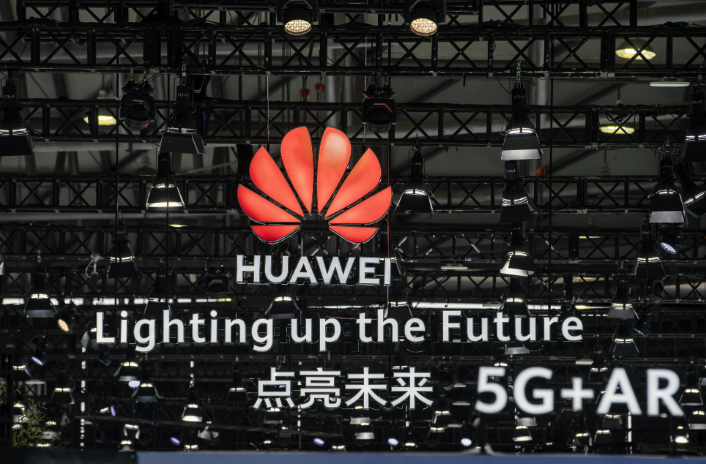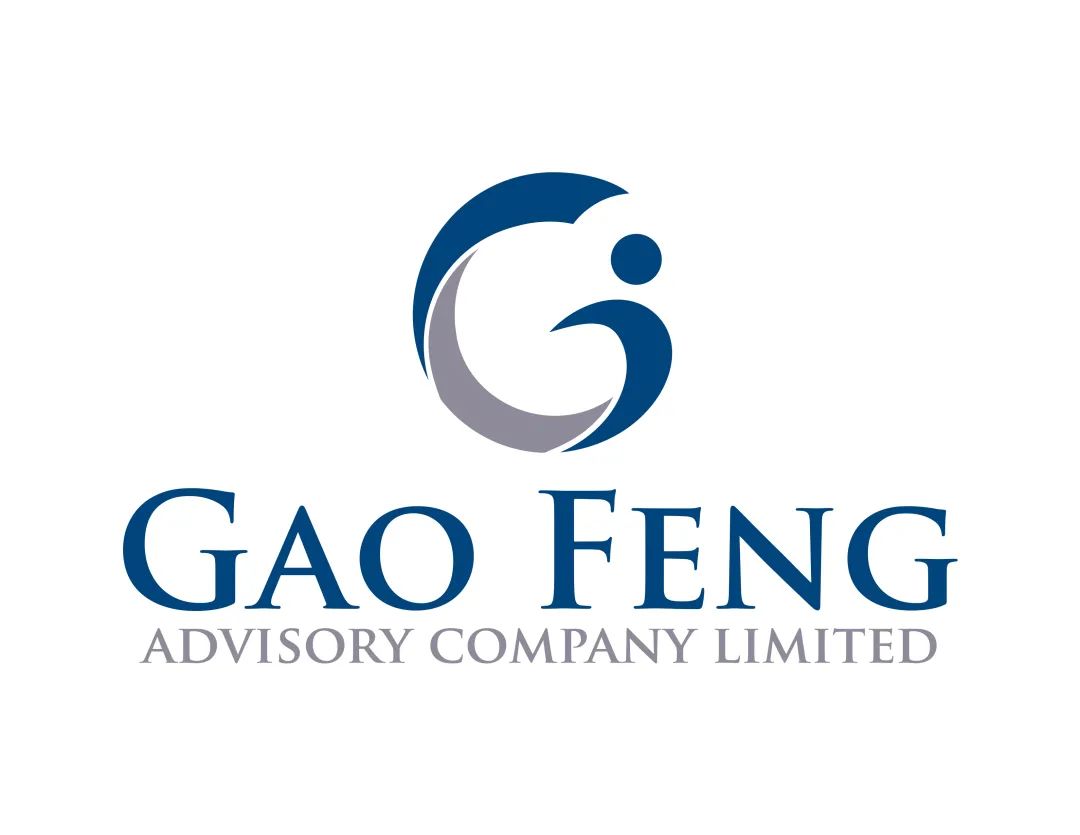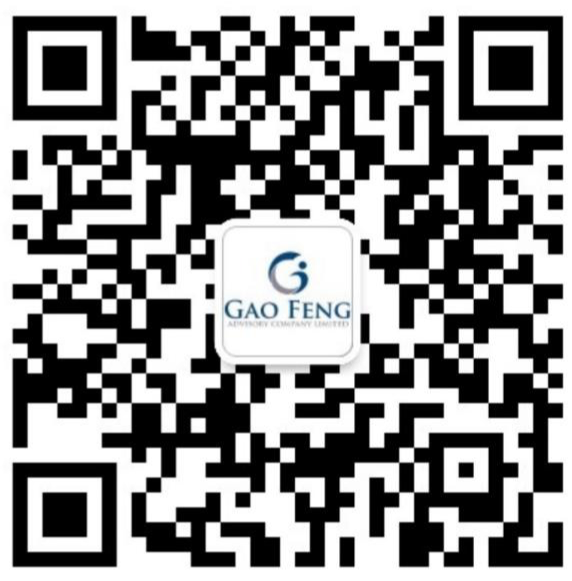CGTN | Foreign MNCs in China: Key Strategic Questions

By Edward Tse
2021-05-14
A recent article authored by Dr. Tse was published by CGTN on May 14, 2021.
Editor's note: Edward Tse is the founder and CEO of Gao Feng Advisory Company, a global strategy and management consulting firm with roots in China. The article reflects the author's opinions and not necessarily the views of CGTN.
China's role in international trade, global supply chains and the world in general is expanding alongside its growing economy. Many countries in different parts of the world are currently undergoing major changes of multiple dimensions that are causing great uncertainty and unpredictability. Chinese President Xi Jinping also stated, we are now in a period of "massive change unseen in the last millennium."
For many foreign multinational corporations (MNCs) operating in China, the expectation is that the upside potential of the Chinese market will keep growing and China being a global supply base will become even more important. The 2021 survey by the American Chamber of Commerce in China (AmCham China) shows that 75 percent of companies are optimistic about market growth and economic recovery in the next two years. Moreover, 61 percent of companies view China as a priority investment destination and are confident that China will further open itself to foreign investment.
Many MNCs are trying to figure out what the latest policy announcements, such as the 14th Five-Year Plan and Vision 2035, really mean.
The 14th Five-Year Plan put its emphasis on the quality of development, implying that innovation and technological independence are to be treated as critical areas. The Trump administration's restraints on exports of certain core technology products such as high-end semiconductor chips to China has triggered China's resolve to pursue technological self-reliance. Advanced manufacturing is to be used to fix issues in areas such as key components, materials, software and fundamental systems to develop more innovative and competitive value chains with a higher "value-added"content in priority areas.
Peter Wennink, head of ASML, a leading manufacturer of chip-making equipment in the semiconductor industry, told POLITICO in an interview that Europe should not close off exports to China like the U.S. since "If you shut out the Chinese with export control measures, you'll force them to strive toward tech sovereignty, in their case real tech sovereignty, in 15 years' time they'll be able to do it all by themselves, the market [for European suppliers] will be gone."
The 14th Five-Year Plan proposes a "dual circulation" economic strategy, to push both the domestic market, as well as overseas markets, with progress in the two complementing each other. Acceleration of growth in domestic production, distribution and consumption will be the driving force, spurring technological innovation, expansion of domestic supply chains and at the same time, helping to cement China's role in the global value chain.
The Vision 2035 lays out the social and economic development goals over the next 15 years with the target being to build a modernized economy by 2035. Continued promotion of urbanization and further strengthening of regional trade with ASEAN countries, Belt and Road Initiative participants, as well as other economies are the other principal features.
China is seeking a quicker evolution of its role in the global geopolitical environment. China's relationships with the U.S., EU and neighboring countries are viewed as the key to the shifting geopolitical equations.
One major milestone has been the Foreign Investment Law promulgated in March 2019, which puts foreign enterprises at par with domestic companies in many ways. Another landmark reform was the Unreliable Entity List (September 2020) that protects legitimate rights and interests of all kinds of market entities. Additionally, the National Negative List has pruned the number of restrictive measures by 17.5 percent compared to its 2019 version.
These are clear signals of how China is trying to make life easier for foreign companies. Volkswagen CEO Herbert Diess told China Daily, "For me, it is easier to invest in China than China is allowed to invest in Germany or some other places."
China is accelerating deregulation and its domestic market is expanding. Supportive policies and the growing ingenuity of local enterprises are together generating what's possibly the world's most competitive economy. The dynamics of competition and collaboration are highly intensive and are expected to impact growth significantly, going forward.

The Huawei Technologies Co. logo at the MWC Shanghai exhibition in Shanghai, China, February 23, 2021. /Getty
Though the U.S. has imposed sanctions on Huawei, ZTE and some other Chinese tech companies citing "national security", so far, China has not sanctioned U.S. or other western tech companies in a similar manner. In July 2020, President Xi Jinping wrote to CEOs of 18 global MNCs underscoring China's desire to welcome foreign MNCs to stay and continue to operate in China.
For global MNCs, this changing context raises a whole new set of questions and considerations:
- What explicit and salient changes are taking place in terms of market access for specific industry sectors?
- What does the evolving geopolitics mean to MNCs in China? For example, to what extent would "decoupling"take place and how?
- What are China's "red lines" (that is, boundaries that foreign companies should not trespass)?
- How would new trade agreements such as the Regional Comprehensive Economic Partnership (RCEP) and the Comprehensive Agreement on Investment (CAI) shift the composition of the Chinese market, particularly as a hub of supply chains?
- What does "self-sufficiency in technology" mean for foreign MNCs operating in China?
- How would data sovereignty issues be addressed?
- What are the possible scenarios of the future and how should companies interpret the likely scenarios for strategic business decisions?
- Is the changing landscape likely to impact footprints of MNCs in China and their global supply chains?
- Against the evolving strategic context, how should global MNCs re-define corporate structures in China and whether they need to redefine relationships with other companies and organizations?
In many cases, organizational structure and corporate relationships were built decades ago. As the landscape and the goalposts change, these dimensions too may have to change.
Many MNCs believe China's role in the world will continue to expand and yet externalities such as geopolitics and policy promulgations give rise to questions that need to be addressed. Company strategists need to envision and draw plausible scenarios to make tangible business decisions. However, the knowledge and information disconnect between the global headquarters and the China team of MNCs are often significant.
Foreign MNCs clearly need to ask themselves if and how they should continue to invest more in China, navigating through the path the most recent changes are likely to lead to. In the extreme case, those who don't see a future in China need to figure out how to cash out and that can be a very tough decision to make.
Companies need to be much more sophisticated and nuanced in sorting out these questions, guarding against risks and keeping growth options open. China is not simply a market or a global supply base. It is fast becoming a platform where the best strategic thinking is being developed and institutionalized. Companies operating in China can now find and acquire global competitive advantages.
About the Author
Dr. Edward Tse is founder and CEO, Gao Feng Advisory Company, a founding Governor of Hong Kong Institution for International Finance, Adjunct Professor of School of Business Administration at Chinese University of Hong Kong and Professor of Managerial Practice at Cheung Kong Graduate School of Business. One of the pioneers in China’s management consulting industry, he built and ran the Greater China operations of two leading international management consulting firms (BCG and Booz) for a period of 20 years. He has consulted to hundreds of companies, investors, start-ups, and public-sector organizations (both headquartered in and outside of China) on all critical aspects of business in China and China for the world. He also consulted to a number of Chinese local governments on strategies, state-owned enterprise reform and Chinese companies going overseas, as well as to the World Bank and the Asian Development Bank. He is the author of several hundred articles and five books including both award-winning The China Strategy (2010) and China’s Disruptors (2015), as well as 《竞争新边界》 (The New Frontier of Competition), which was co-authored with Yu Huang (2020). He holds a SM and s SB in Civil Engineering from the Massachusetts Institute of Technology, as well as a PhD and an MBA from University of California, Berkeley.


Gao Feng Advisory
Gao Feng Advisory Company is a professional strategy and management consulting firm with roots in China coupled with global vision, capabilities, and a broad resources network
Wechat Official Account:Gaofengadv
Shanghai Office
Tel: +86 021-63339611
Fax: +86 021-63267808
Hong Kong Office
Tel: +852 39598856
Fax: +852 25883499
Beijing Office
Tel: +86 010-84418422
Fax: +86 010-84418423
E-Mail: info@gaofengadv.com
Website: www.gaofengadv.com
Weibo: 高风咨询公司
